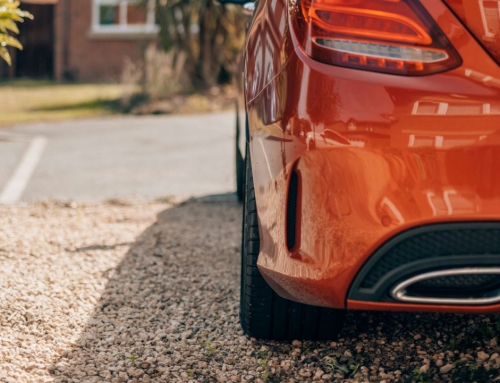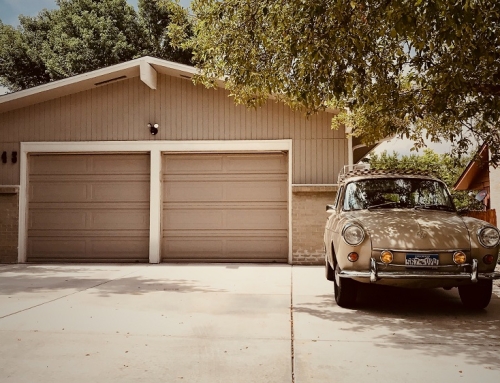There’s no denying that electric cars are the future. And with the government banning the sale of new petrol and diesel cars by 2030 means that one day in the not too distant future all of us will be driving some form of hybrid or electric car. So now your priority shouldn’t be on what your next car will be, but what you need to do to prepare yourself, your routine and your home for it. Yes, you need to do some preparation before you buy an electric car! And today we’re going to explain what that means.
Get A Charge Point Installed
It goes without saying that electric cars need electricity to run. And while there are more electric car charge points being installed across the country every day, odds are you will need to charge your car at home sometimes. For this, you need a car charging point. This is essentially an external power point that needs to be installed into your home, where you can run electricity to your car like petrol through a fuel pump. You can technically own an electric car without a charge point in your home, but it’s highly recommended you have one installed. Depending on the installer they can cost between a couple of hundred to a thousand + pounds to install, and there are grants you can use to cover some of the cost. Speaking of which…
Use The Grants
Because the government is trying to encourage people to buy electric cars over petrol or diesel, there are a number of grants and schemes in place to incentivise you. At DNA Brickwork & Builders we can help you work out the best grant for you, and help you with the application process too. The two main types of grant available at the moment are:
Plug-in Vehicle Grant: Because the up-front cost of an electric vehicle can be higher than a petrol or diesel car, the Government have introduced a plug-in grant to help offset some of the cost of new electric vehicles. This grant is available on a wide range of eligible vehicles, including cars, vans, motorcycles, mopeds, taxis, large trucks. To qualify for this grant, you must buy an electric vehicle that meets the criteria, which are that the electric car you buy must:
- Cost less than £35,000.
- Have emissions of less than 50g/km.
- Have a zero-emissions range of at least 70 miles.
For vans there is no upper price limit for the grant – but the vehicle much have emissions of less than 75g/km and a zero-emissions range of at least 10 miles to qualify. The maximum grant you can get for new electric cars is £2,500, for vans it’s between £3,500-£6,000 depending on size, while taxis can get up to £7,500, and the maximum for a motorbike or moped is £1,500. This grant is designed to bring the cost of buying a new electric vehicle in line with buying a new petrol or diesel vehicle, so that cost is no longer the obstacle.
You can find out more about the plug-in vehicle grant here.
Electric Vehicle Homecharging Scheme: This is an additional OLEV grant to help cover the cost of the electric vehicle infrastructure for your home. The cheapest and fastest method is to use a specially designed EV charging unit, which are all-weather charging units that can be installed outside your home. OLEV provides grant funding for up for 75% of the cost of installing a domestic charging unit, with a cap of £350. You do have to own, lease or be named as the primary user of an eligible EV, or have a vehicle if you want to qualify for this grant.
You can find out more about the electric vehicle Homecharging scheme here.
Consider Investing In Solar Panels
This step is absolutely optional, but it can really improve the performance of both your home and your car. Solar panels are an environmentally friendly alternative to using electricity from the grid, and can save you an awful lot of money on your household bills. They draw in energy from the sun and convert it into electricity, which you can then use to power your home – and your electric car charging point. Having an electric car means your fuel bill will go down to 0, but your home electricity bill will hike up substantially. Since energy prices are already set to rise, adding an extra cost isn’t exactly ideal! Solar panels are a great way to mitigate the rise, and they pay for themselves in savings. So if you can, we highly recommend looking into solar panels for your home. We talk more about solar panels, how they work and their benefits here.
At DNA, we’re big fans of renewable energy and future proofing in our builds, and will often recommend solar panels when drawing up plans for your home. That’s why we are NAPIT registered, ROLEC registered and OLEV approved to supply and install electric car charging points to both domestic and business properties. So if you’re toying with the idea of buying an electric car, we would love to help you prepare your home. To find out more, just get in touch with the team today.



